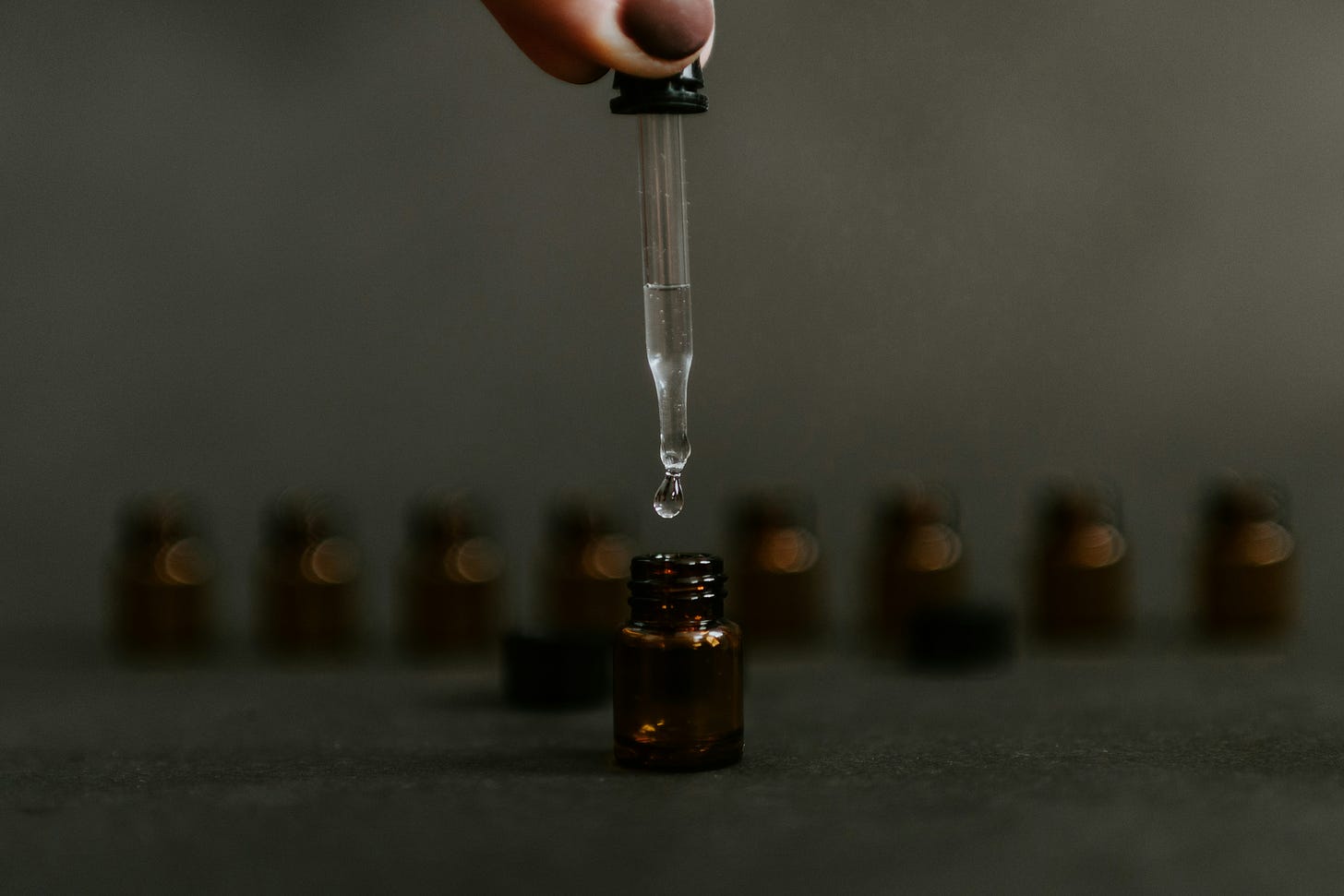
If you get sick these days, you’re going to need more than NyQuil.
As the World Health Organization warns, "we have arrived in the post-antibiotic era," and we face a future pandemic up to 20 times worse than Covid. That future pandemic could be bird flu, mpox, or something else. On top of that, Covid continues to spread all year long, with new variants always evading vaccines. Research on Long Covid has stalled except for a handful of clinical trials.
But it's not hopeless.
Four years ago, we looked to plants to protect us from pathogens because vaccines and treatments weren't coming anytime soon. The minute those vaccines and antivirals came out, the public forgot all about plants. They reverted to their old assumptions that herbs were for hippies.
Well, here we are again.
Our vaccines and treatments are failing, and when they work they're often in short supply, or we can't get access to them.
As we mask while demanding clean air and better medicine, it's time to revisit those plants and see what they can do.
Do they even work?
Yeah, they do.
A 2024 review of studies in Viruses identified 10 different plant compounds with broad antiviral properties and effectiveness specific to Covid (and in many cases several other viruses). As they write, "plant-derived molecules can tackle viruses by acting on different aspects of their infection process" and "inhibit coronavirus/host protein pathways" by blocking them. The authors initially identified 45 different compounds and then narrowed them to the 10 most effective.
Plants work because they contain terpenoids, flavonoids, phenols, and alkaloids that all demonstrate "high anti-viral potential against SARS-CoV-2 particles" as well as other viruses. They do this in a variety of ways that work across variants because they block virus entry while also tamping down replication and essentially "stopping its life cycle." Sounds good to me...
Let's get into it.




